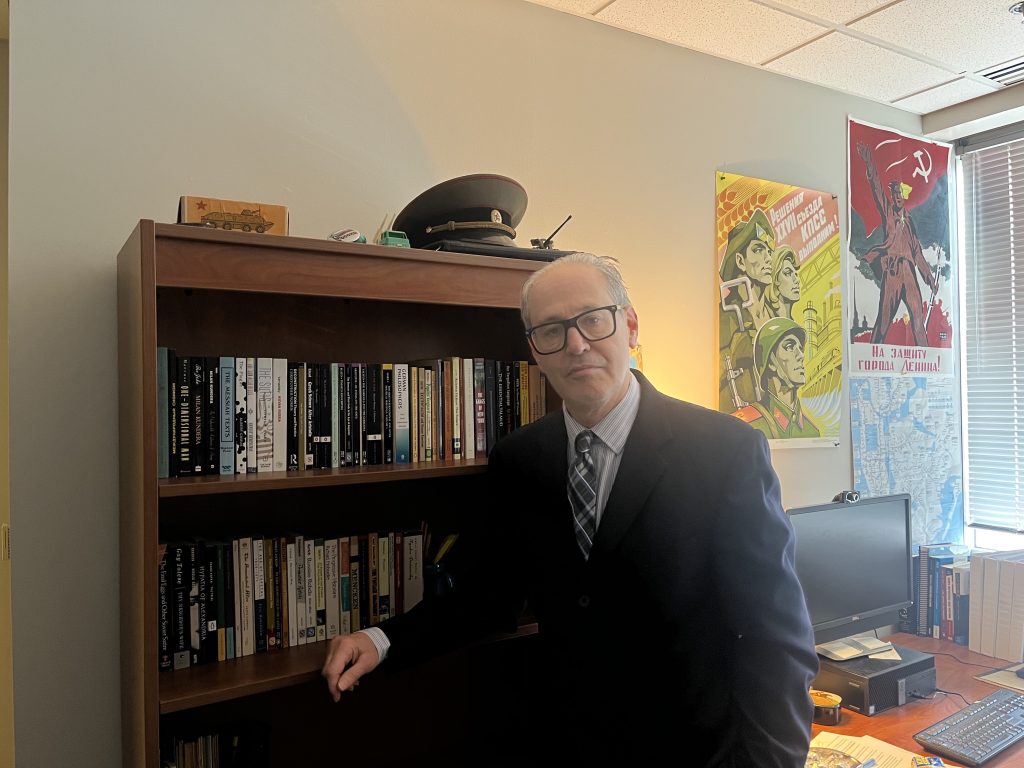In recent years, the number of books banned in libraries and public education institutions in the United States has been at an all-time high, with over 10,000 occurrences of book bans during the 2023-2024 school year as reported by PEN America.
With popular classics being banned across the United States, such as The Handmaid’s Tale and The Kite Runner, educators, parents, and even students themselves, are speaking out against the removal of novels and books that have long educated students on important socio-political issues while providing an educational story for a visual perspective. However, other parents and educators point out the significance in a parent’s role of being involved in their children’s education with the content their children have access to being a top priority.
Reasoning for book bans is rooted in ensuring children in the education system are protected from exposure to topics that aren’t appropriate for their age range, yet with the overwhelming increase of information being shared in the media and between students in the classroom, these books help provide educational insight to difficult topics broken down into stories, but then comes along one of the most important questions, how big of a role do parents and the government, local, state and national, in the media choices available to students?
Book bans can occur state-wide but also can be put in place by local counties and cities. As of current, local and state governments are placed in charge of choosing what books are appropriate in public education.
In a press release from the U.S. Department of Education from the beginning of this year, the Department’s Office of Civil Rights removed all guidance that book banning could violate civil rights and also removed the “book ban coordinator” position.
“Book banning is a highly politically-charged issue. It is not new to 2025 and there have been issues about banning books going all the way back to the beginning of the founding of this country,” said Peter Adams, Old Dominion University professor and author. “What would have been considered offense 100 years ago is not necessarily offensive today.

“The issue of banning books today has really come down to whether the choice in libraries and schools should be in the hands of either local school boards, local schools and parents and that if parents, local schools and school boards believe that a book is not appropriate for children in that particular school than they claim they have the right to determine that book should not be in the school library,” said Adams when asked about the book banning process.
“It doesn’t have to be universal, hard-set no,” said Lauren Rivera-Galvez, ODU senior and book enthusiast when asked how involved parents should be in the process of choosing which books should and should not be allowed in public education. Galvez placed a specific emphasis on ensuring parents are involved in their own child’s education without overreaching into another child’s.
Whether you find yourself agreeing or disagreeing with book banning, Adams’ sentiment is one most everyone can agree with: “Books are a powerful weapon.”

Leave a Reply